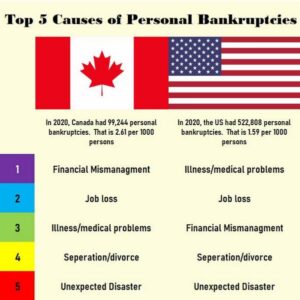Relative to the last few months, June was a strong month for real estate. Sales increased 64.5% from this May. In the big picture, sales were 21.9% below the 10-year June sales average. However, this is still better than last June by 17.6%, when the sales were 34.9% below the 10-year sales average. The strong showing might be due to the pent up from the months of restrictions.
An RBC economist announced last month that we have probably seen the peak prices for real estate for the year. This correlates well with the fact that all benchmark prices have dropped in June. For detached home, the benchmark price dropped 0.5%. For apartment and attached homes, the benchmark prices have decrease 0.8% and 0.2% respectively. The inventory is rising despite the strong sales. In reaction we see a dramatic reduction in new condo launches and more Craigslist listings of owners trying to sell their presale condos before completion.
The big real estate news last month was the announcement from Canada Mortgage and Housing Corporation (CMHC) that they are putting in more restrictive guidelines for insured mortgages; that is, mortgages that have less than 20% down payment. They have made the credit requirement more stringent and the maximum amount of money you can borrow against your income less. But not to worry. Equally important is the fact that the two other mortgage insurers are not following the lead of CMHC. So, for lenders that work with all three insurers, not much has changed and buyers have nothing to be concerned about.
Another piece of important news is that the NDP pledged to introduce some legislation in response to the report on the recent dramatic increase in condo strata insurance. Details were not provided, but they have mentioned that they can not regulate insurance rates.
Finally, the BC government has decided to extend the temporary rent supplement to the end of August. So hopefully, as many people can get back to work as soon as possible before the end of August.
![]()
Alternative lending.ca help by comparing your options against bank options. Products provided besides regular bank mortgages include B-mortgages, second mortgages, home equity loans and reverse mortgages. Products are sourced from banks, credit unions, trust companies, mortgage finance companies, mortgage investment corporations and private lenders from across Canada.

